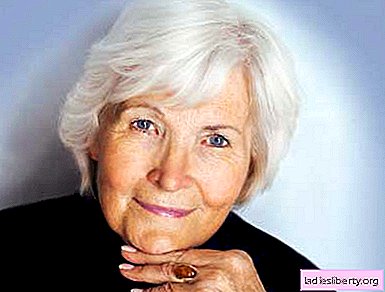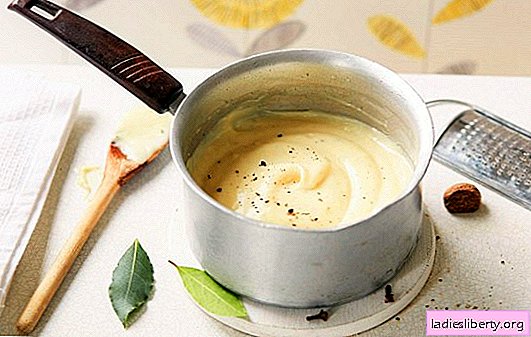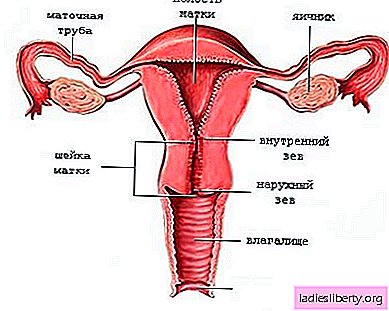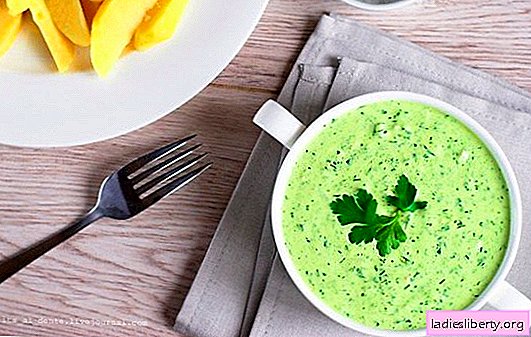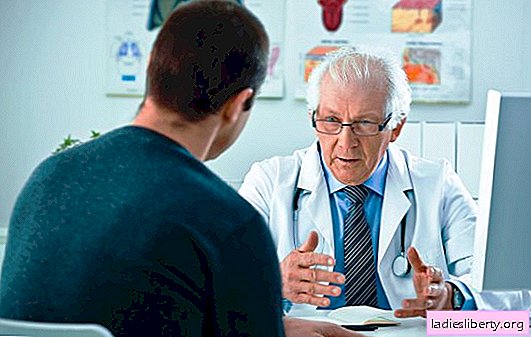
Inflammation of the hemorrhoids is a fairly common manifestation of the chronic form of hemorrhoids, which is accompanied by a lot of unpleasant sensations in the patient. This condition requires immediate treatment, as otherwise, it can cause dangerous complications in human health. Consider in more detail the symptoms of hemorrhoid inflammation and methods of treating this ailment.
Hemorrhoidal Inflammation: Causes
Exacerbation of hemorrhoids can occur for various reasons. Most often, such factors provoke it:
1. Stress and severe nervous strain.
2. Constant constipation.
3. Strong attempts at defecation.
4. Pregnancy, especially in the later stages of its course.
5. The period is the field of childbirth, especially if the woman in labor received birth injuries. In this case, the inflammation of the hemorrhoids itself will occur with intense contractions and attempts, which led to a stretching of the hemorrhoidal veins.
6. Weight lifting or excessive physical activity.
7. Smoking and frequent drinking of alcohol, which irritate the rectal cavity and hemorrhoids.
8. Frequent use of fatty or spicy foods.
9. Overeating.
10. A sedentary lifestyle and the complete absence of sports loads on the body.
11. Obesity.
12. Increased abdominal pressure.
13. Various vascular diseases.
14. Food "dry food".
Inflammation of hemorrhoids: symptoms and signs of pathology
Inflammation of the hemorrhoids is almost always accompanied by pronounced symptoms. Usually, with an acute form of hemorrhoids, patients suffer from such signs of the disease:
1. Ailment and weakness.
2. Pain during bowel movements.
3. The appearance of bloody or mucous discharge after defecation.
4. Burning and itching in the anus.
5. The sensation of a foreign body in the anus.
6. Discomfort in the rectum.
7. Partial prolapse of the hemorrhoid.
8. Fever.
9. Abdominal pain.
10. Swelling of the hemorrhoid and its increase.
Proctologists warn that as soon as the first signs of acute or chronic inflammation of the hemorrhoidal nodes appear, you need to see a doctor as soon as possible and make a diagnosis.
Chronic inflammation of the hemorrhoidal nodes is divided into three separate degrees, each of which is accompanied by its own symptoms:
1. The first degree of inflammation (early chronic inflammation of the nodes) is characterized by the following manifestations:
• the appearance of terrible bursting pain in the rectum;
• pain while sitting;
• burning sensation and enlarged nodes.
2. The second degree of the disease is accompanied by such manifestations:
• a sharp increase in body temperature in the patient;
• pain during bowel movements, which intensifies after eating spicy and fatty foods, as well as after physical exertion, stress or drinking alcohol;
• hyperemia of the anal area;
• detection of tight knots by finger examination.
This degree of the disease usually goes away with moderate severity. Sometimes, even in this condition, a person can endure pain and not go to the doctor. This will be his main mistake, since in the absence of treatment, the second degree of inflammation of the nodes will turn into the last - the third.
3. The third degree of inflammation of the hemorrhoids has the following signs and symptoms:
• increase in body temperature;
• constant bleeding of hemorrhoids (manifested not only during bowel movements, but also during bending, physical exertion, or just walking);
• swelling of hemorrhoidal nodes and their protrusion outward from the rectum;
• bursting acute pain, which turn into a spasm;
• involuntary urination or vice versa, its retention due to reflex muscle spasm;
• color change of hemorrhoids from pink to blue or purple;
• paraproctitis;
• pain in the lower abdomen, tailbone and lower back.
Inflammation of hemorrhoids: diagnosis and treatment
If there is a suspicion of inflammation of the hemorrhoids, you should contact a proctologist. He will conduct a rectal digital examination and reveal the degree of neglect of the disease.
Also, you must definitely go through such procedures and pass tests:
• general analysis of blood and urine;
• abdominal ultrasound;
• retro-manoscopy.
Treatment of hemorrhoidal nodes is selected for each patient individually, depending on the degree, severity of the pathology and the observed symptoms. Traditional therapy has such features:
1. The patient is prescribed anti-inflammatory drugs with a complex effect. They can be both in tablet form, and in the form of rectal suppositories (Relif, Anuzol, Proctosedil).
2. At high temperatures, antipyretic drugs are used.
3. Analgesics and antispasmodics are prescribed for severe pain syndrome (Paracetamol, No-spa).
4. Preparations for the normalization of stool and digestion (Filak forte, Mezim).
5. Drugs that relieve swelling and have an antimicrobial effect.
6. Local ointments that need to be applied to the anus area (Proctogliverol, Proctosedil).
7. Laxative drugs (Dufalac).
8. Rectal suppositories (Nigepan).
As a rule, the duration of use of the above medicines should not exceed 7-10 days. If during this time the patient did not feel better and the inflammation did not go away, then the patient is prescribed surgical treatment. It provides for the complete removal of one or more hemorrhoidal nodes.
Moreover, the operation itself is not very complicated. Moreover, modern techniques make it possible to get rid of nodes with minimal trauma, without having to make large intestinal incisions, etc.
A very important feature of the treatment of hemorrhoidal nodes is the observance of a special diet, which is aimed at normalizing and relieving stool. To do this, the patient should adhere to such tips:
1. Drink at least two liters of clean water without gas per day.
2. Refuse to eat fatty and spicy foods, as well as sauces, spices, all kinds of smoked meats and salty foods.
3. Enrich your diet with foods such as prunes, dates, blueberries, beets and raisins. They will improve digestion and will have a laxative effect.
4. Enrich the menu with boiled vegetables, fruits and juices from them.
5. To exclude from the diet any flour products, pasta, sweets and chocolate. You also need to stop drinking coffee.
6. It is desirable to eat often, but in small portions.
7. Completely exclude alcohol and stop smoking.
8. Add various vegetable oils to the menu (sea buckthorn, olive, peach, etc.). They will also help improve stool.
Inflammation of hemorrhoids: treatment and doctor's advice
During treatment, it is advisable for the patient to adhere to such doctor's recommendations:
1. Regularly maintain anus hygiene.
2. From time to time, wipe the inflamed nodes with a wet disinfectant to prevent microbes and even more inflammation.
3. It is important to avoid stress and exercise during treatment.
4. It is useful to make sedentary baths with the addition of medicinal decoctions of herbs (chamomile, calendula, sage, oak bark).
5. Remove rough paper and irritating products from toiletries.
6. Do a wash after each bowel movement.
7. Wear comfortable soft underwear. At the same time, it is desirable that it does not crush anywhere and is made of natural fabrics (cotton).
8. Two to three times a week, you can make oil microclysters, which have an anti-inflammatory effect. It is also useful to use oily rectal suppositories at night.
9. You can cook rectal suppositories yourself. To do this, mix aloe juice, butter and honey. Such suppositories will quickly get rid of inflammation, and will contribute to the healing of wounds.
It is important to know, that if you start the course of this condition, then it can cause a complication in the form of thrombosis of hemorrhoids. In this case, a person accumulates thrombotic masses in the nodes and traumatizes the veins.
As a result of this, the patient may open up severe bleeding and infection can begin.
To prevent this, you just need to start the right treatment in time and not start chronic hemorrhoids.

